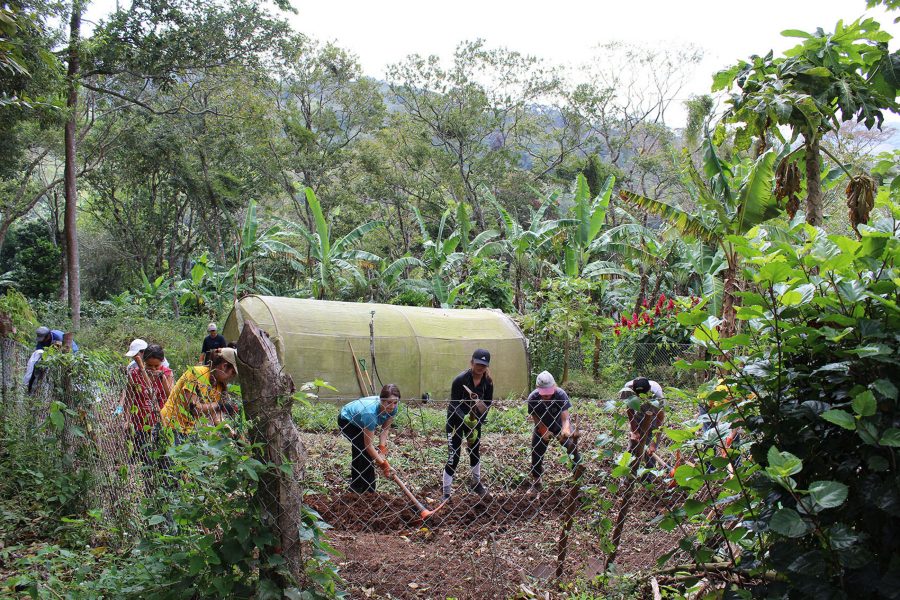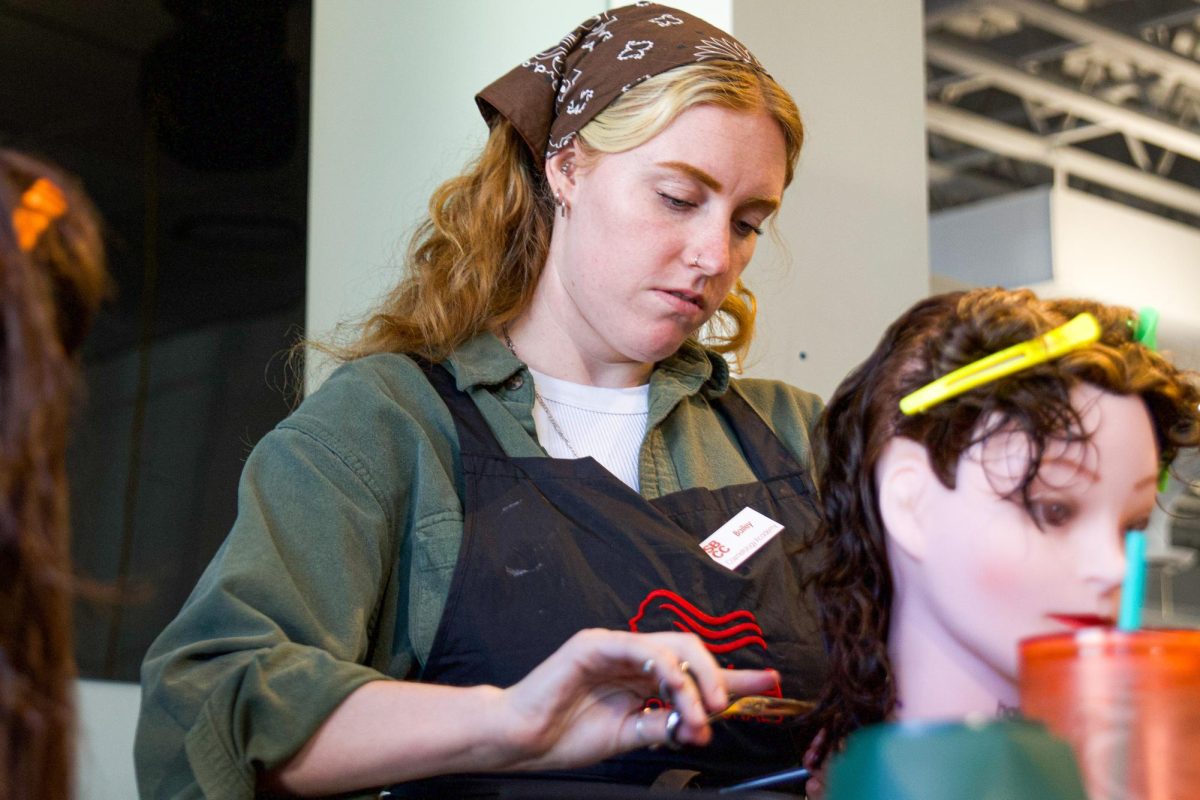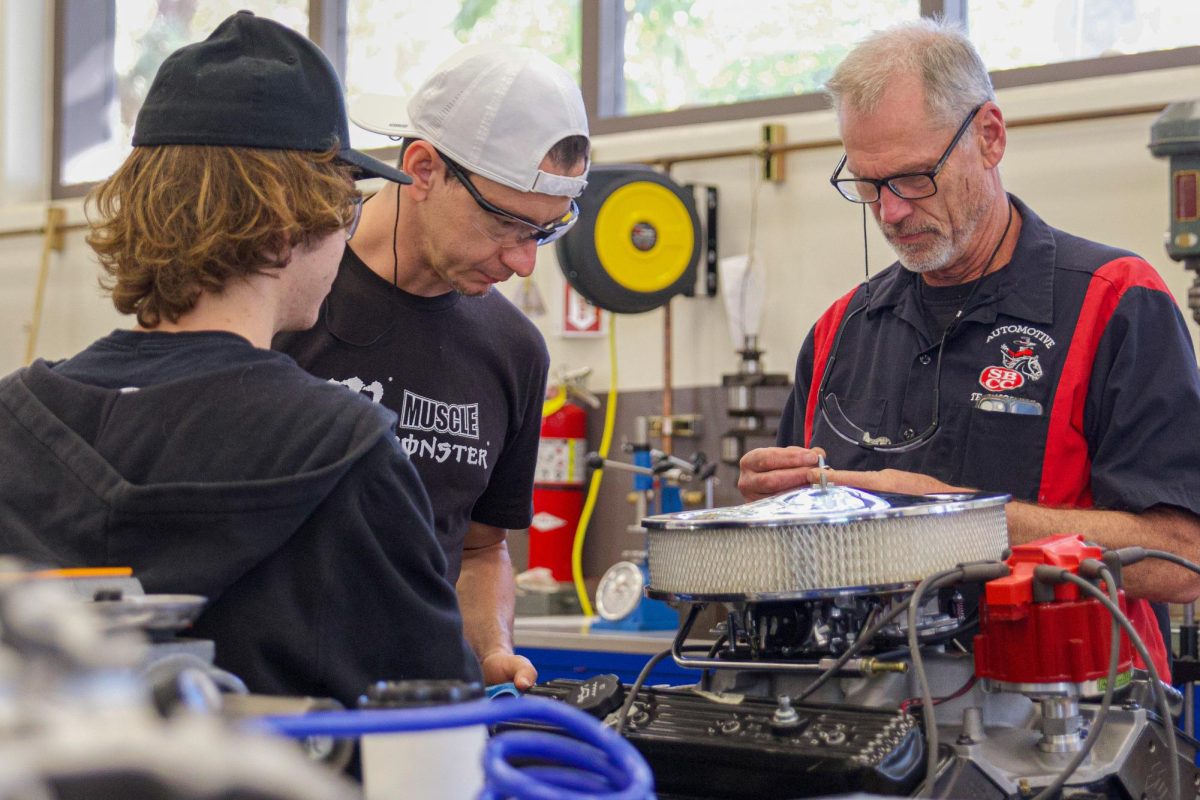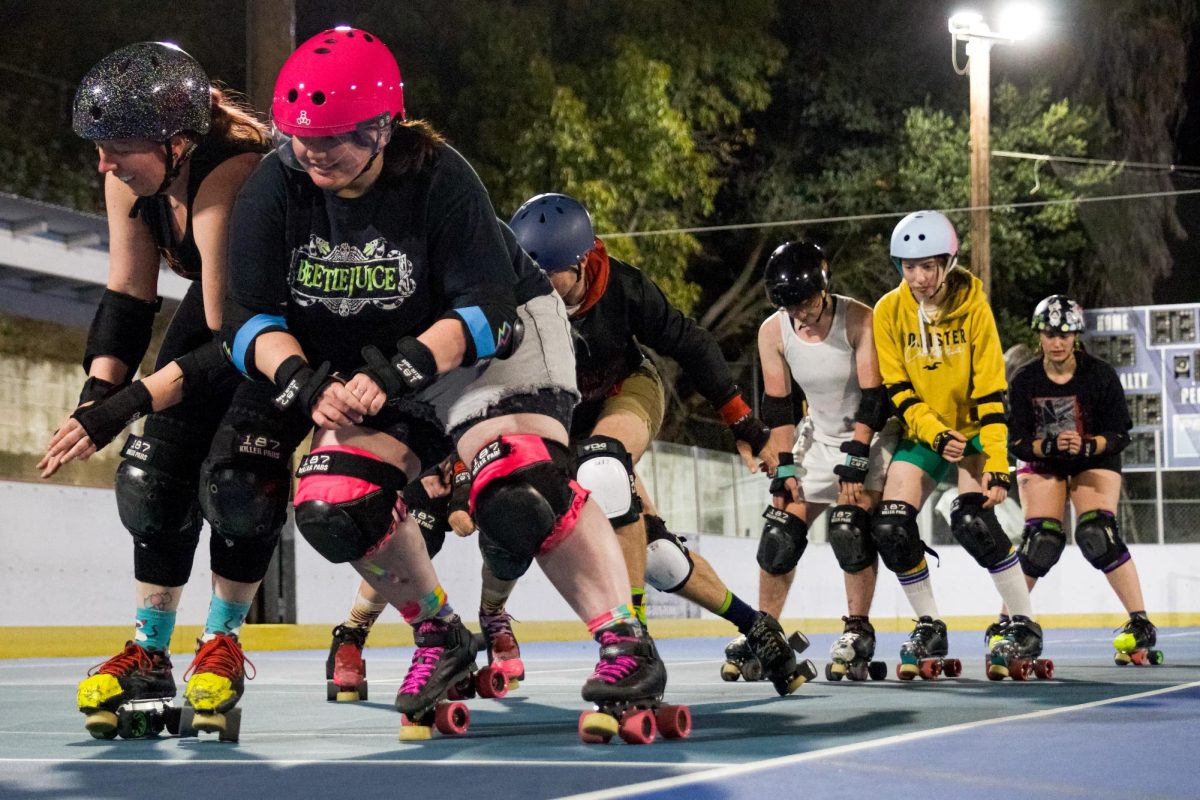Instead of spending their spring break on a luxury vacation or party cruise, 15 Global Student Embassy students spent their breaks in Boaco, Nicaragua, to bring environmental change and teach locals about sustainable agriculture.
The group spent the week of March 25 to April 1 in Boaco, Nicaragua, in a community called Malacatoya. Malacatoya had just received electricity two weeks prior to the students’ arrival.
Nicaragua is the second poorest country in Latin America. More than half of the population tries to live off one dollar per day. Students were exposed to an impoverished country and this was something most of them hadn’t experienced before.
The students worked alongside the Asofenix organization based in Nicaragua. Asofenix focuses on projects that help with renewable energy, as well as community development. They work to better the lives of these communities by helping with sustainable agriculture, reforestation, preventative care and health education.
The students immediately got to work by helping to fix the existing gardens. Their days consisted of labor intensive work where they pulled weeds in the hot sun and made new beds in the garden to help with revegetation.
“It was hard work and sometimes labor intensive but so worth it knowing that we made a difference and fed so many people” said Ana Bravo, the City College Global Student Embassy representative.
Bravo believes that this is something life changing and different than the typical study abroad trip.
Apart from providing the community with food and nutrition, this opportunity also helped the locals with income because they sold some of the student grown coffee.
From getting to hang out with local children to getting to feed over 1,300, this youth movement was designed to inspire students to become leaders in their own communities as well as others.
“It was amazing to see how even though people had so little, they were still so happy and their quality of life was just much higher than most,” Bravo said. “This minimalistic lifestyle was so inspiring.”
The group stayed at people’s homes in Malacatoya. These homestays were different than the usual hostels and was something that helped them to connect with the locals on a more intimate level.
“This [homestay] gives you good taste of the culture, one you will never forget,” said Gabriella Moreno, a student and member of the program.
Each student paid $2,500 for this trip, which covered all expenses. A portion of that was donated and used to go towards helping grant students in Nicaragua scholarships, giving them the opportunity to go to school and to get them to come to the U.S.
“The openness from the group, the locals, and the educational portion of the trip taught me so much about life and the importance of changing the way our country produces food,” student Diego Figueroa said. “Overall it was a trip of a lifetime.”








